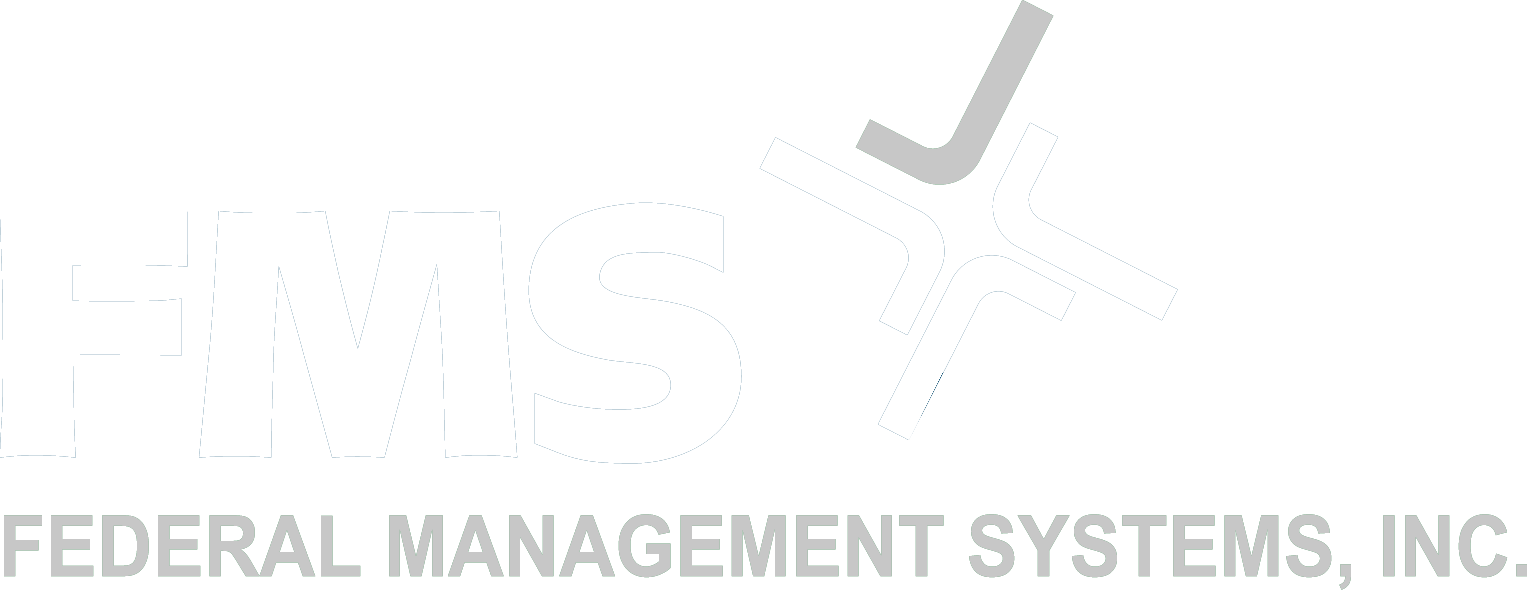
22 Aug National Institutes of Health (NIH) Case Study
Immigration and Naturalization Service (INS)

Grants Management and Peer Review Support for NIH
Published April 2011
The Center for Scientific Review (CSR) at the National Institutes of Health (NIH) was being faced with rising numbers of research grant applications due to the increase in federal spending for biomedical research. Expedited processing of the more than sixty thousand research grant applications each year then became a top priority for NIH.
Challenge
The contractor staff that CSR had hired from several companies to assist with grant application processing were not motivated to perform at the high level required. Staff turnover rates at CSR for the contractor companies were high, resulting in valuable time being lost to training new staff. The productivity levels and quality of the grants application processing were at best mediocre.
Solution
Federal Management Systems Inc. tailored its recruitment and project management approach to meet the unique needs of CSR and the NIH. We placed emphasis on recruitment of staff with experience working in biomedical environments and interacting with scientists and biomedical research professionals. We hired motivated, well-qualified staff and provided them with relevant NIH database training, mentoring, outstanding benefits, incentives and awards to build a stable and highly efficient workforce for NIH. Our project management team periodically evaluated all processes looking for ways to gain efficiencies and then documented the results and changes for training the incoming staff. In addition, we regularly solicited feedback from our NIH clients to ensure that our personnel were dedicated to providing the best service to NIH.
Results
The FMS Team, within the first 2 years of the project, significantly improved the productivity standards for grants and research application processing by more than 30% without any loss of data integrity and accuracy. The FMS recruitment and project management approach resulted in high levels of staff retention. Our retention rate for the NIH project averaged 91% over the life of the contract, ranging from 88% to 96% during the contract period. The average length of service for our staff on the NIH project was just over three years for the five-year project. Within the first 2 years at CSR the range of tasks we were responsible for broadened to include executive administrative support, administrative support for the operations of the Peer Review Groups, accounting and travel management, and management of committees governed by the Federal Advisory Committee Act.
In less than 3 years, FMS’ presence at NIH grew from one Institute/Center (IC) to over eight ICs, expanding to additional complex tasks such as grants management. Our project manager became the first contractor to receive the CSR Director’s award which recognizes individuals whose superior achievements or service warrant special honorary recognition. Later, the Assistant project manager and many other FMS staff became recipients of the CSR Director’s award and Employee of the Month awards. Our staff even received the prestigious NIH Director’s Award for their outstanding performance.





